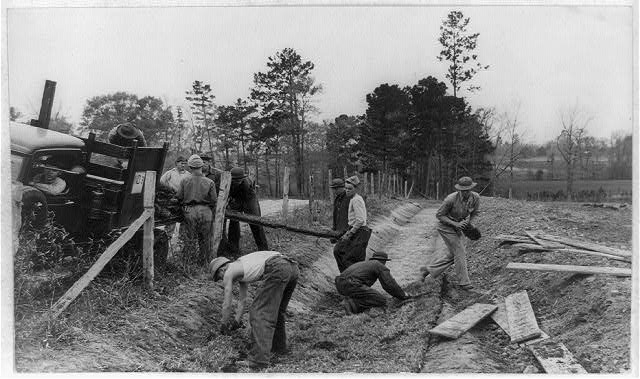When Forests Met Paychecks: The Civilian Conservation Corps’ Quiet Revolution
In the depths of the Great Depression, an unlikely force transformed America’s landscapes and livelihoods: the Civilian Conservation Corps. Launched in 1933 as part of Roosevelt’s New Deal, the CCC recruited young, unemployed men to tackle urgent conservation projects, from planting trees to building trails and fighting forest fires. The program’s impact was twofold: it sent much-needed wages home to struggling families while advancing the nation’s environmental stewardship by decades. Camps operated with military precision, but life wasn’t all discipline—weekends and evenings brought a touch of freedom, with enrollees spending their modest earnings in nearby towns. At its height, the CCC enrolled over half a million men at once, leaving a legacy of nearly three billion trees planted and countless park structures still in use today. Though the program faded as war approached, its roots run deep in the trails, forests, and parks Americans enjoy nearly a century later. #CivilianConservationCorps #NewDealLegacy #AmericanHistory #Culture
2025-06-05
write a comment...
